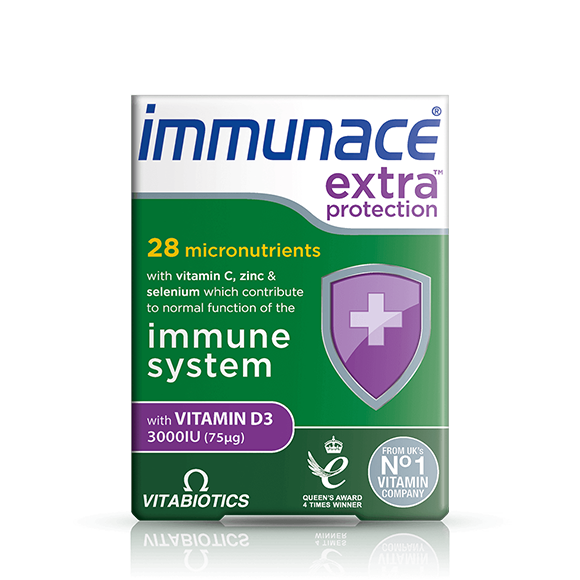If you’re looking to understand what vitamin K is, how it works in your body and where to find it, this guide is here to help. From food sources, to the difference between vitamin K and vitamin K2, we’ve gathered everything you need to know in one place – so you can feel confident about your choices when it comes to supporting your health.
Whether you're just looking to learn more or are thinking about adding a vitamin K supplement to your routine, this guide is your go-to if you want to know all about vitamin K – without getting overwhelmed.
What is Vitamin K?
Vitamin K is a fat-soluble vitamin that contributes to normal blood clotting and contributes to the maintenance of normal bones, making it a useful part of your overall nutrient intake.
There are different types of vitamin K, each of which work slightly differently in the body.
Types of Vitamin K
Vitamin K refers to a group of vitamins and includes different versions, including vitamin K1 and vitamin K2 which can be found in your diet.
What is the difference between Vitamin K and Vitamin K2?
Vitamin K refers to a group of fat-soluble vitamins, including Vitamin K2, which is found in fermented foods and some animal based products. Different forms of Vitamin K come from different sources and are processed slightly differently by the body.
What is the difference between vitamins K1 & K2?
Vitamin K1 (phylloquinone) is mainly found in plant based foods like kale, spinach and other leafy greens.
Vitamin K2 (menaquinone) is found in animal products and fermented foods – with natto (a traditional Japanese food made from fermented soybeans) being a good source.Other foods that are rich sources of vitamin K2 include egg yolks, hard aged cheeses and pork.
There are also several subtypes of vitamin K2, such as MK-7, which is considered one of the most bioavailable forms.
What Does Vitamin K Do?
So, what does vitamin K do in the body? It helps contribute to normal blood clotting and the maintenance of normal bones. Both of these vitamin K benefits play an important role in your everyday wellbeing.
Blood Clotting & Vitamin K
One of the most well-known benefits of vitamin K is that it contributes to normal blood clotting. This is a vital process that helps stop minor cuts from bleeding excessively – something most of us rarely think about until we need it.
Bone Health Support
Vitamin K also contributes to the maintenance of normal bones. It works alongside nutrients like calcium and vitamin D, and may be particularly helpful for those looking to support their bones' health over time.







